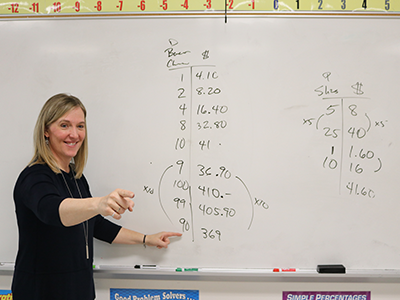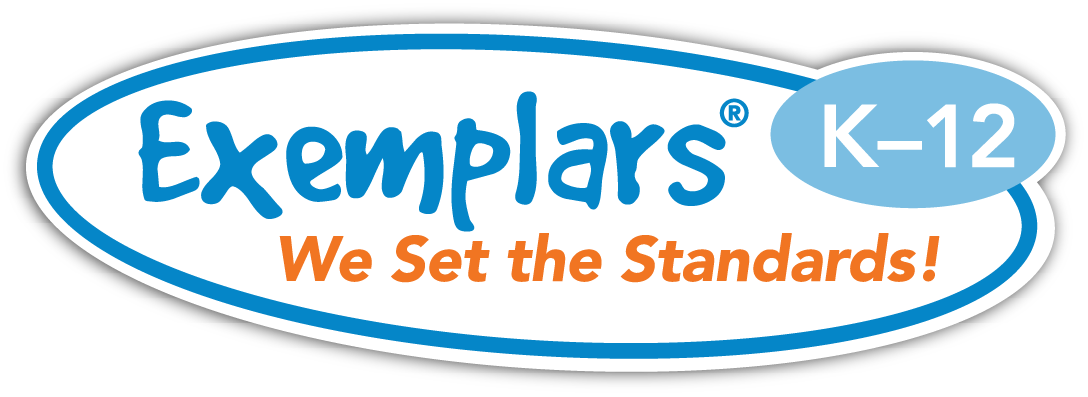
Featuring special guest Jay McTighe.
What does high-quality student work look like in today’s math classroom?

How can math leaders spark a culture of flexibility, grit, and belief among teachers and students? It starts with a vision, but the true magic happens when that vision comes alive in classrooms every day.
In this edWebinar, we explore how to move from broad goals to daily reality, with specific strategies for partnering with teachers to build classrooms full of incredible mathematical thinkers—students who relish the opportunity to struggle, persevere, reflect, and explore ideas without fear of being wrong.

Featuring special guest Steve Leinwand.
Join renowned mathematics educator and former NCSM President Steve Leinwand, along with Exemplars CEO Jay Meadows, for a candid and thought-provoking conversation on the current and future state of math assessment. Together, they will explore critical questions such as: Why do we assess math? For whom are we assessing—students, parents, teachers, schools, districts, or states? What do we truly do with the information we collect? And, what are the greatest challenges with the current system of math assessment?

How can math leaders spark a culture of flexibility, grit, and belief among teachers and students? It starts with a vision, but the true magic happens when that vision comes alive in classrooms every day.
In this edWebinar, we explore how to move from broad goals to daily reality, with specific strategies for partnering with teachers to build classrooms full of incredible mathematical thinkers—students who relish the opportunity to struggle, persevere, reflect, and explore ideas without fear of being wrong.

Technology is rapidly impacting all aspects of our lives. As educators, how does the arrival of Artificial Intelligence (AI) impact how we should be spending our time with our students? With the technology to solve any math problem quickly and accurately at our fingertips, should we spend large amounts of our time in the math classroom preparing students to compete with it to complete the same calculations?
Or is there another way we could go?

Using the math classroom to prepare our students to thrive in the 21st century requires educators to teach and assess far more than the ability to calculate accurately. Success in the 21st century requires students to apply their math toolkits as they think critically to unpack complex problems and design effective approaches and solutions, collaborate with teammates as they work on the problem, communicate ideas and approaches, and work creatively to solve these problems.

Featuring special guests Pam Harris and Kim Montague.
At the heart of our discussion lies a powerful concept: Math is Figure-out-able™.

Featuring special guest speaker John Hattie.
Educators are managing challenging workloads and are susceptible to high rates of burnout. Join us as we examine practices that have a positive impact in schools. Professor John Hattie helps us lean into extensive research around how to de-implement practices that just aren’t effective, and replace them with cost-effective, high-yield moves to transform your classroom, school, and district.
This edWebinar explores the following questions:

